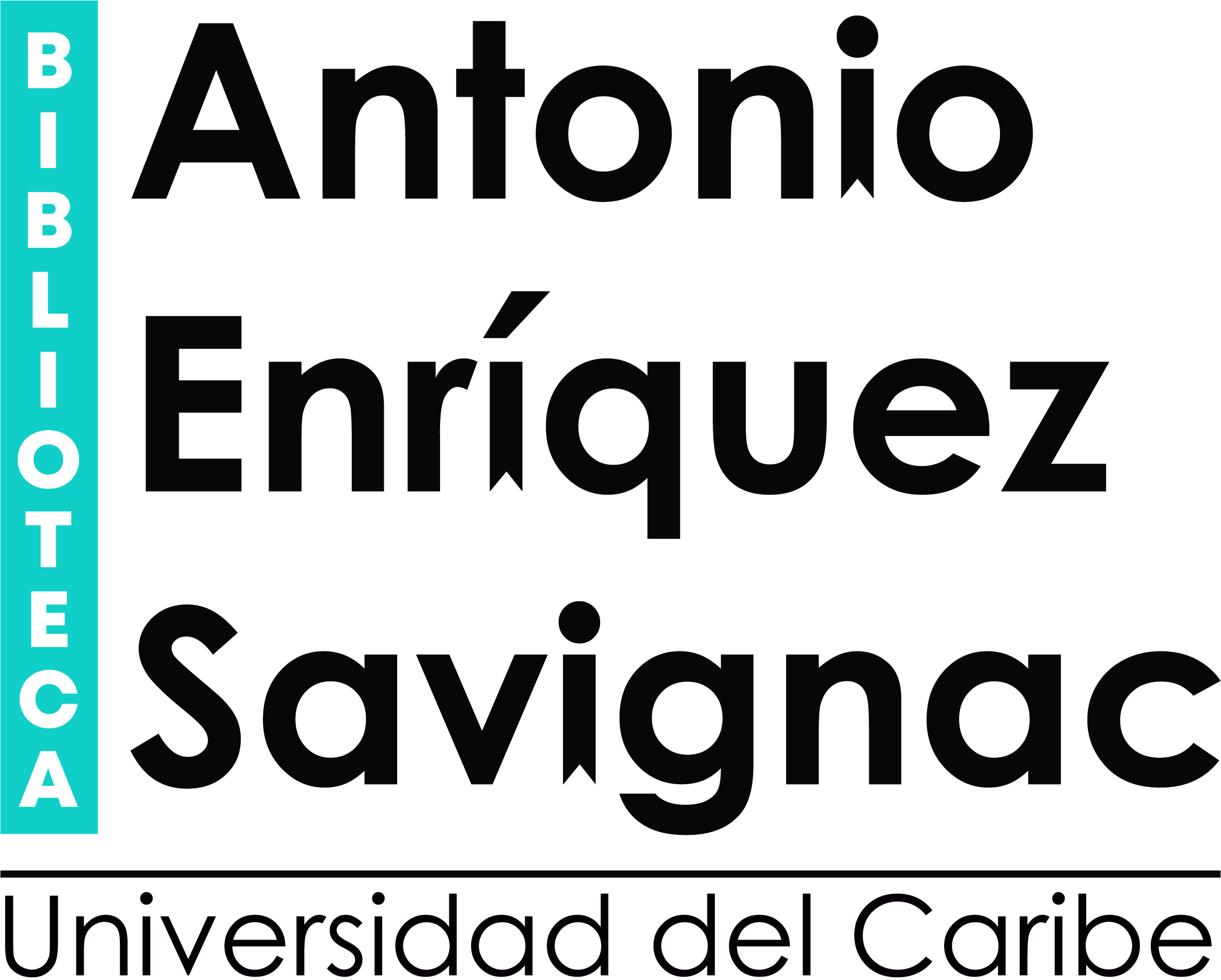Conceptos básicos de programación CNC / Pawan Kumar Negi, Mangey Ram, Om Prakash Yadav
Tipo de material: TextoIdioma: Inglés Series River Publishers in Mathematical and Engineering SciencesEditor: Gistrup, Dinamarca : Distribuidor: River Publishers, Fecha de copyright: ©2019Descripción: xliv, 439 páginas : ilustraciones; 24 x 16 cmTipo de contenido:
TextoIdioma: Inglés Series River Publishers in Mathematical and Engineering SciencesEditor: Gistrup, Dinamarca : Distribuidor: River Publishers, Fecha de copyright: ©2019Descripción: xliv, 439 páginas : ilustraciones; 24 x 16 cmTipo de contenido: - texto
- sin medio.
- volumen.
- 9788770220439
- 9788770229654
- TJ 1189 N44 2019
| Tipo de ítem | Biblioteca actual | Biblioteca de origen | Colección | Signatura topográfica | Copia número | Estado | Notas | Fecha de vencimiento | Código de barras | Reserva de ítems | |
|---|---|---|---|---|---|---|---|---|---|---|---|
 Libros para consulta en sala
Libros para consulta en sala
|
Biblioteca Antonio Enriquez Savignac | Biblioteca Antonio Enriquez Savignac | COLECCIÓN RESERVA | TJ 1189 N44 2019 (Navegar estantería(Abre debajo)) | Ejem. 1 | No para préstamo (Préstamo interno) | Ingeniería Industrial | 043278 | |||
|
|
Biblioteca Antonio Enriquez Savignac | Biblioteca Antonio Enriquez Savignac | Colección General | TJ 1189 N44 2019 (Navegar estantería(Abre debajo)) | Ejem. 2 | Disponible | Ingeniería Industrial | 043327 | |||
|
|
Biblioteca Antonio Enriquez Savignac | Biblioteca Antonio Enriquez Savignac | Colección General | TJ 1189 N44 2019 (Navegar estantería(Abre debajo)) | Ejem. 3 | Disponible | Ingeniería Industrial | 043328 |
Navegando Biblioteca Antonio Enriquez Savignac estanterías, Colección: Colección General Cerrar el navegador de estanterías (Oculta el navegador de estanterías)
| TJ 810 M5144 Applied solar energy : an introduction / | TJ 810 M5144 Applied solar energy : an introduction / | TJ 1189 N44 2019 Conceptos básicos de programación CNC / | TJ 1189 N44 2019 Conceptos básicos de programación CNC / | TJ1189 P124 2019 Máquinas herramienta CNC : su programación manual / | TJ1189 P124 2019 Máquinas herramienta CNC : su programación manual / | TK 1005 I61 2017 Interconexión a la red y sistemas de almacenamiento de energía : -estado del arte- / |
Incluye índice
1.--CNC machine and its importance 2.--Turning process and its cutting parameters -- 3.Importance of alphabets in CNC programming -- 4.Cutting tool geometry settings in CNC software -- 5.Dimention methods, machine zero, work zero and machine axis -- 6.Turning maching and its coordinates -- 7.CNC machine programmng codes (G-codes and M-codes) -- 8.CNC programming method -- 9.Complete CNC programming: industrial format -- 10.Cutting insert (bit) and cutting tool holders nomenclatures --11. Drawings and CNC programs.
Before the introduction of automatic machines and automation, industrial manufacturing of machines and their parts for the key industries were made though manually operated machines. Due to this, manufacturers could not make complex profiles or shapes with high accuracy. As a result, the production rate tended to be slow, production costs were very high, rejection rates were high and manufacturers often could not complete tasks on time.Industry was boosted by the introduction of the semi-automatic manufacturing machine, known as the NC machine, which was introduced in the 1950´s at the Massachusetts Institute of Technology in the USA. After these NC machine started to be used, typical profiles and complex shapes could get produced more readily, which in turn lead to an improved production rate with higher accuracy.Thereafter, in the 1970´s, an even larger revolutionary change was introduced to manufacturing, namely the use of the CNC machine (Computer Numerical Control). Since then, CNC has become the dominant production method in most manufacturing industries, including automotive, aviation, defence, oil and gas, medical, electronics industry, and the optical industry. Basics of CNC Programming describes how to design CNC programs, and what cutting parameters are required to make a good manufacturing program. The authors explain about cutting parameters in CNC machines, such as cutting feed, depth of cut, rpm, cutting speed etc., and they also explain the G codes and M codes which are common to CNC. The skill-set of CNC program writing is covered, as well as how to cut material during different operations like straight turning, step turning, taper turning, drilling, chamfering, radius profile, profile turning etc. In so doing, the authors cover the level of CNC programming from basic to industrial format. Drawings and CNC programs to practice on are also included for the reader.

